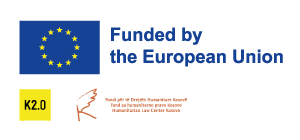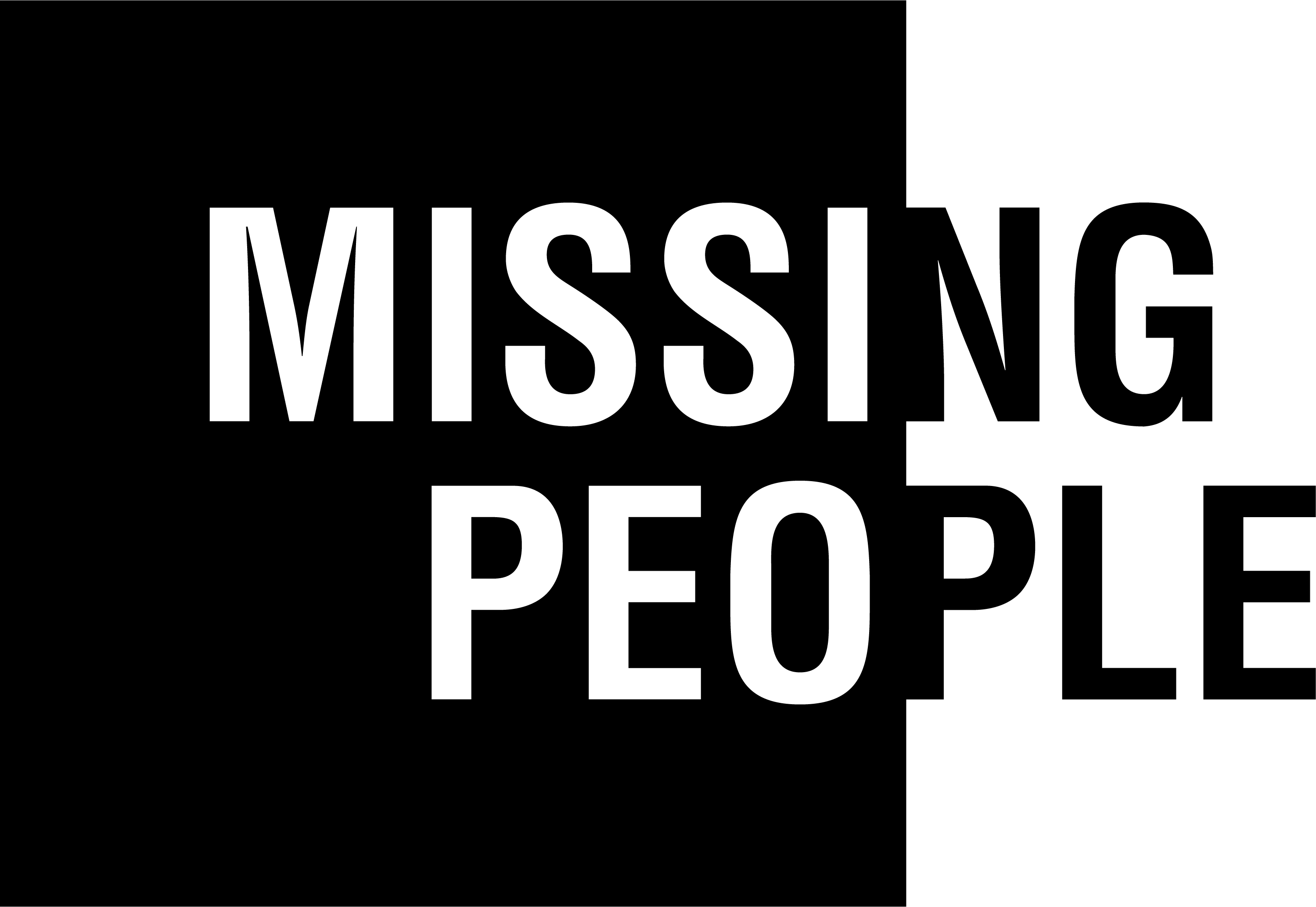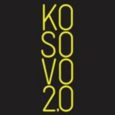On April 27 this year, on the National Day of Missing Persons in Kosovo, on the anniversary of the Meja Massacre, the report “An Unfinished Process – Challenges in clarifying the fate of missing persons” was published.
Developed by the Humanitarian Law Center Kosovo (HLCK) and implemented in cooperation with Kosovo 2.0, the report aims to provide a more detailed overview of the process involved in clarifying the fate of those who have been missing since the end of the war.
Between January 1998 and December 1999, more than 13,000 people were killed or disappeared during, or as a result of, the Kosovo war. Over 10,000 of them were civilians. The HLCK estimates that 8,693 Albanians, 1,196 Serbs and 445 Roma and other minorities were killed. At the end of the war it was estimated that there were 5,500-6,000 missing persons, but this number has decreased over the years, mainly due to the constant discovery of mass graves. There are still 1,620 missing, about whom nothing is known yet.
Based on research from relevant reports, analyses, documents and interviews with relevant actors, the report deeply analyzes key issues that hinder the discovery of bodies that went missing during the war, such as the non-opening of archives and complex concealment strategies.
In this podcast we talk to Dardan Hoti, a researcher at the Humanitarian Law Center Kosovo and author of the report. We are also joined by Bekim Gashi, whose long struggle to understand the whereabouts of his loved ones, brings to life and illustrates in the most meaningful way all the issues that Dardan and the HLCK address in the report.
Gashi is a survivor of the Tërnjë massacre, where at least 30 people were killed, 22 of whom were his relatives. He is the son of Hyra, the brother of Blerta, Lumturia, Selveta and Luljeta. All were forcibly disappeared by Serbian forces on March 25, 1999.



